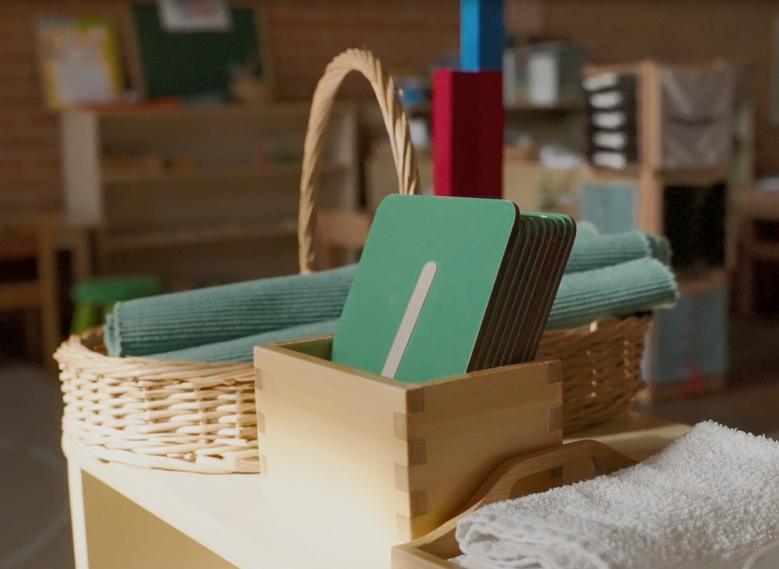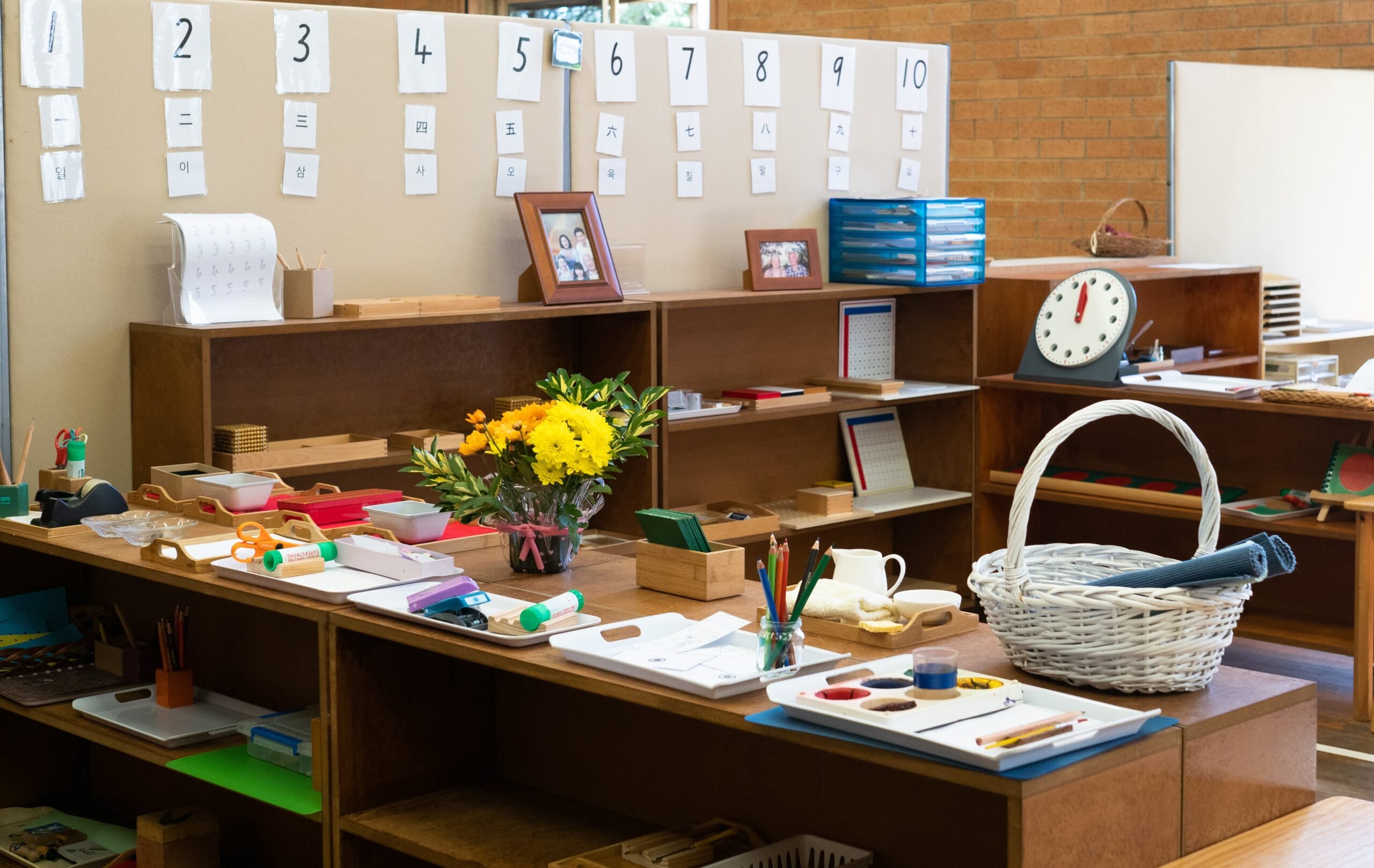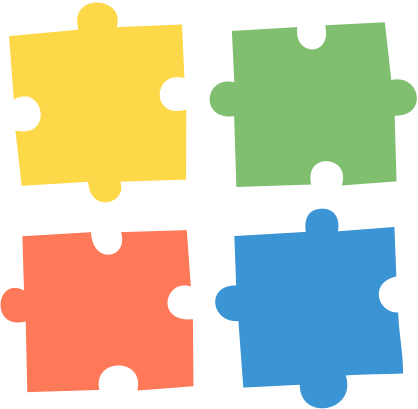
Discovering the Extraordinary
in the Everyday
To young children, there is something very special about doing things that adults find ordinary. Practical life exercises such as pouring and spooning, washing dishes, or polishing shoes completely absorb them.
At Hills Montessori, we recognise this process as the beginning of the control and coordination of mind and body. Through sensory experiences, our program helps children distinguish, categorise, and relate new information to what they already know.
They learn maths with concrete materials. They construct words with the movable alphabet and then progress to the nuances of the English language, including the function of words and grammar.
Enrolment Options
2 full days per week
Monday & Tuesday
or
Thursday & Friday
8:30 am – 4:00 pm
3 full days per week
Monday, Tuesday & Wednesday
or
Wednesday, Thursday & Friday
8:30 am – 4:00 pm
5 half days per week
Monday – Friday
8:30 am – 11:30 am
5 full days per week
Monday – Friday
8:30 am – 4:00 pm
(limited places)

Child Development Attributes
Our program aids the development of the following attributes:
- Self-confidence
- Concentration
- Curiosity
- Initiative and persistence
- Social development
- Inner security and sense of order
- Sensory motor skills
- Creative intelligence and imagination
- Resilience
- Independence
Prepared Environment
Our prepared environment includes a broad spectrum of subjects and activities:
Enrolment Age and PriorityAge Guidelines and Admission Priority
Children can enrol from the age of 3 (having their 3rd birthday in at least term 1), dependent on availability. Priority is given to 4 & 5-year-olds as per the current Funding Regulations.
Children commence in a staggered pattern over several weeks throughout the term. This allows educators one-on-one time with each child to introduce them to the Montessori materials and help them settle into their classroom.
In keeping with priority requirements, older children will commence first to ensure they have access to a minimum of 600 hours of preschool in the year before they begin primary school.
Program CommencementStart Dates for New Students
Children can enter the Preschool program when they have had their 3rd birthday on or before 31st March that year. Children turning 3 from April to December commence the following year unless a vacancy becomes available in the second half of the year.
The commencement date for each child will be determined by their date of birth. Start dates are staggered to offer each child extra guidance on their first day.
If a child has attended a minimum of one full year in the Preschool Program, they may apply for the Montessori Kindergarten Program in the year they turn 5 on or before the 31st of July.

Learn About the Enrolment Process
or for information on our fee structure
